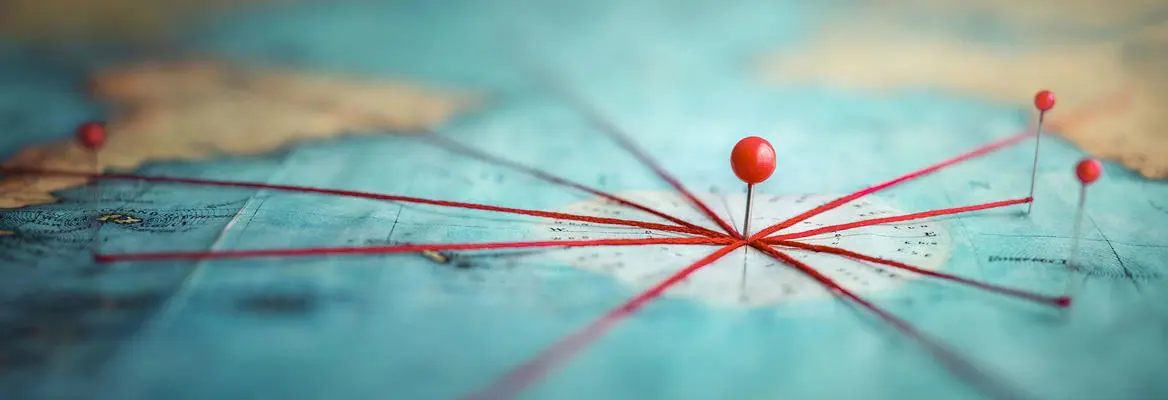Despite predicted economic depression, the Covid-19 pandemic will not spell the end of globalisation. The momentum of global economic integration won't be slowed for long and the drive for international connectivity from developing countries will quickly see international travel and trade resume.
A lot of people who should know better are giving the last rites to the global economic integration (globalisation) we have enjoyed since the Second World War. I think that they are wrong, both in the prediction that globalisation is bound to go into reverse and in the relish with which its demise is being embraced. Much of this debate is also ahistorical. There was a pretty globalised world in 1913. It had its ugly side in the Empires; but three decades of de-globalisation with violent nationalism and war are not a happy precedent.
I wrote a book about ‘globalisation’ 25 years ago. I argued that it was, in general, beneficial and had contributed generously to the post-war rise in living standards. But I worried that there was a weak link-politics-which is still overwhelmingly national. The result has been that international governance is weak and lags behind the economics, creating instability and opportunities for populists to exploit. At the time I was writing, there was too much talk of ‘the end of history’ and ‘the end of geography’. Hubris was bound to lead to nemesis, and has. But it is far too soon to accept that the process must now go backwards.
Globalisation is complex, with different dimensions that each tell a different story. To start with the most visible: people movement. Last year saw an all-time peak in cross border travel and there will be a sharp fall this year for obvious reasons. Subsequently, there will be a move - rightly- to cut back on unnecessary travel for environmental reasons but there will also be hundreds of millions of previously poor Asians and Africans who will want to see the world. I would be amazed if travel hasn’t returned to previous peaks within five years.
Globalisation is complex, with different dimensions that each tell a different story.
Migration for work or settlement has run into growing resistance both in traditional labour importing countries like the USA and the less open countries of Europe and Asia, contributing to the belief that globalisation has run its course. But Trump’s wall is not the last word on migration. Nor Brexit. No sooner has our government brought in legislation to give expression to what the ‘will of the people’ was thought to be in 2016 than the public mood has swung in the opposite direction. In a period of economic depression, there will inevitably be depressed migration. But it will resume with recovery. And whatever happens to the ‘pull’ factors the ‘push’ will grow and grow, from Africa especially.















Join the conversation